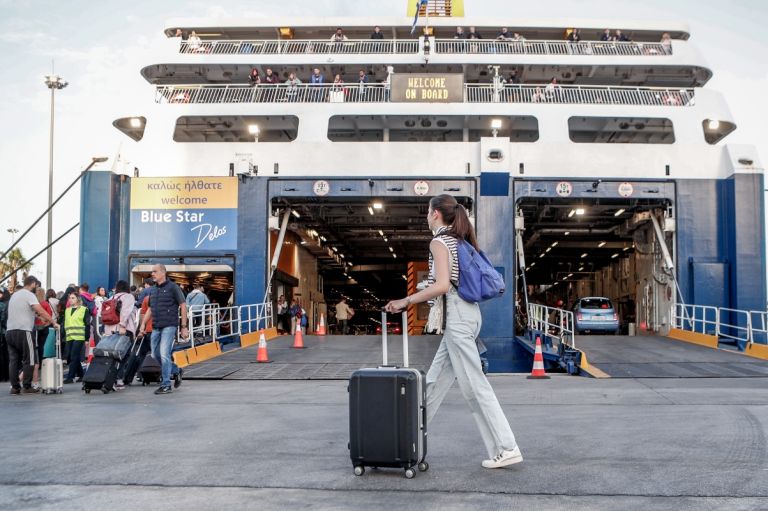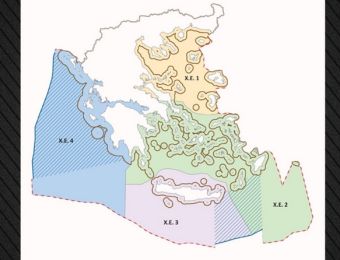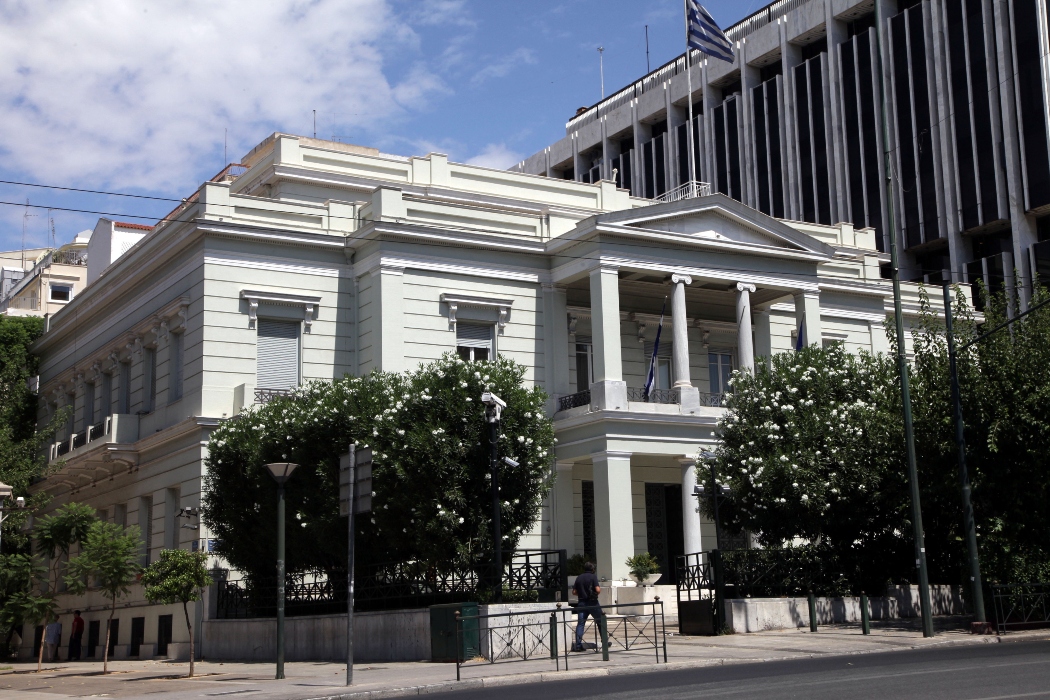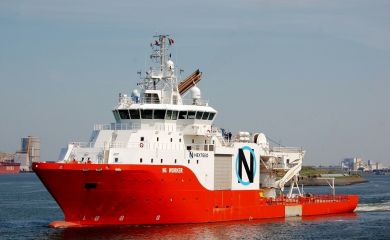High Ferry Ticket Prices Remain a Barrier for Greek Island Travel

Πηγή Φωτογραφίας: Eurokinissi (Αρχείου)//Increased operational and salary costs are driving ferry ticket prices to levels that many Greeks find prohibitive, impacting their ability to travel to the islands.
Increased operational and salary costs are driving ferry ticket prices to levels that many Greeks find prohibitive, impacting their ability to travel to the islands.
For example, a family of four travelling from Piraeus to Syros in August faces costs of €231 for a conventional ferry and €508 for a high-speed vessel. A round trip to Heraklion with a cabin costs €642, exceeding the minimum net salary in Greece when a car is included.
Intra-Cycladic high-speed ferry routes have seen fares skyrocket. A one-way economy class fare from Milos to Amorgos costs €105 per person, and from Milos to Santorini, it’s €93.70. A single fare from Naxos to Folegandros on a high-speed ferry is priced at €76.70, compared to just €10 on a conventional, subsidised ferry with multiple stops.
While islanders benefit from transport equivalent subsidies and the general population enjoys occasional discounts from ferry companies, the cost of island travel remains significantly higher than five years ago. This issue is prevalent across Europe, yet Greece boasts the lowest coastal shipping costs in the Mediterranean and ranks 11th in average coastal transport cost per 100 kilometers among the 27 EU countries, according to Vivanoda, a French online ticketing platform.
Interestingly, tickets to Crete on Minoan Lines are cheaper than tickets to Milos, despite the same ship stopping at Milos en route to Crete. This is because calling at Milos exempts the ship from purchasing carbon dioxide emission rights required for trips to Crete and Italy.
Shipping Ministry data released at the end of May indicated ticket price reductions of up to 6.6%, mainly for routes to the Dodecanese and the Cyclades.






























Το σχόλιο σας